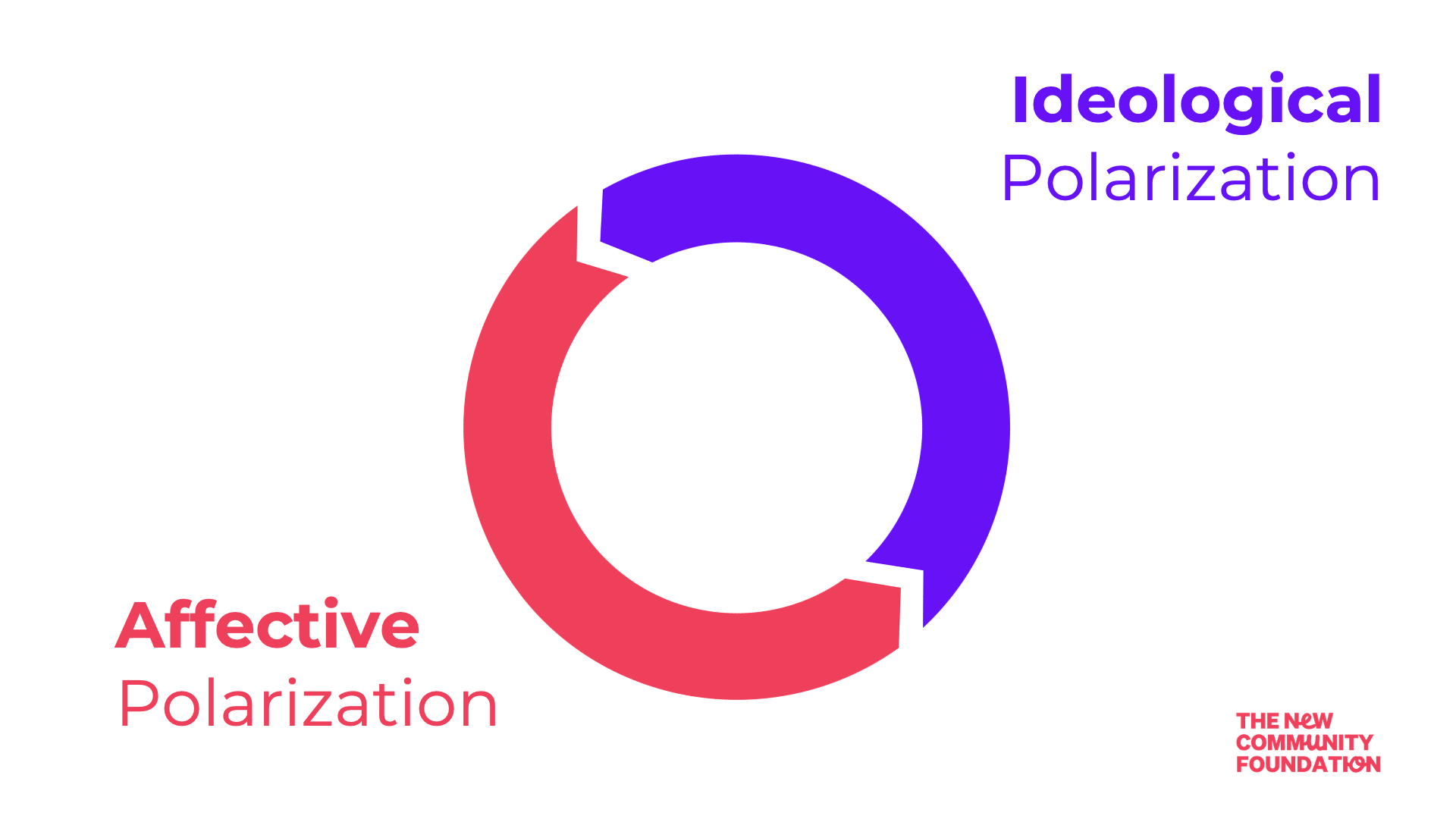Polarization: What does it really mean?
Social divisions and political conflict are on the rise across the Western world. We have qualitative proof of this: mass social protests, the radicalization of parties, the rise of populist leaders and governments, political violence, and domestic terrorism. There is also quantitative data confirming the change: between 2011 and 2021, the level of differences in opinions on key issues increased in 31 out of 49 countries tracked by the Digital Society Project. In another four countries, it remained at the same elevated level.
Differences of opinion are perfectly normal in a healthy democracy, which is based on pluralism and freedom of expression. So how do we know when differences are becoming unhealthy? When they reach a point where democratic decision-making is no longer possible and efforts at community-building fail. This is what we call polarization. The term can be used to describe several things: the state of deep division, the process leading to it, and a tool certain actors use to intentionally create division.
Serious polarization corrodes democracy and community, while acute polarization can lead to social strife and civil war. The process has two manifestations. One is ideological polarization—differences in opinions on particular topics. The other is affective polarization—differences in attitudes toward other people based on whether they hold similar or different opinions. The former is rational and objective, while the latter is emotional and subjective. It is also open to change.
It’s not just politics…
Yes, politicians are polarized–but so are we as citizens, in our families, workplaces, local communities, and nations. Divisions run deep, beyond party preferences or ideological choices: we are increasingly divided on how we live, what we earn, how we consume, what we eat, whom we talk to, watch, or listen to. Social media trained us to be more opinionated and confrontational toward others, while also protective of our own identities.
Our work at the New Community Foundation relies on the insight that polarization is rooted in the emotional, not the intellectual, level. A growing body of research shows that argument-driven debates have no impact on highly polarized groups; they actually harden radical views instead of bringing people together. We believe differences of opinion reflect underlying differences in lived experiences—and that these personal and group experiences need to be discussed, as they carry the affective charge that later fuels ideological divisions. The community dialogue is designed to enable such exchanges.
Written by Wawrzyniec Smoczyński
Photograph by Gage Skidmore, Flickr



